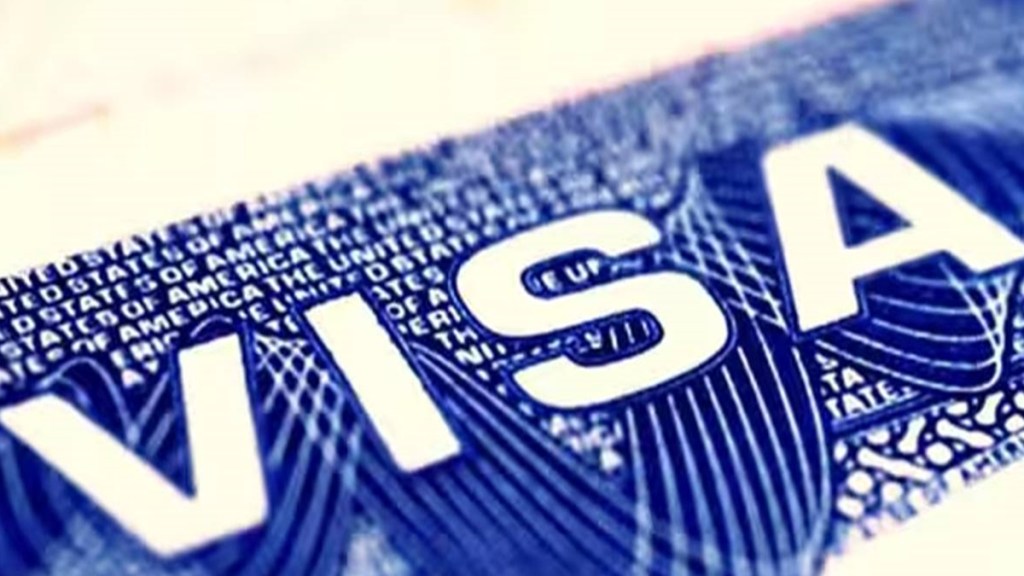By Mohak Nahta
Efficient visa processing is crucial for fostering international travel, business, and cultural exchange in the increasingly globalized world. Lengthy and complicated visa procedures can deter travelers, hamper economic growth, and create administrative burdens. Here are several strategies governments can employ to streamline visa processes, enhancing both efficiency and user experience.
Digitization of Visa Applications
One of the most effective ways to streamline visa processes is through digitization. By moving visa applications online, governments can significantly reduce the time and resources required for processing. An intuitive, multilingual online portal can allow applicants to fill out forms, upload necessary documents, and track their application status in real-time.
This expedites the application process and reduces errors associated with manual data entry. For instance, after Vietnam launched its e-visa system, the country saw a notable increase in tourism, demonstrating the positive impact that digitized visa processes can have on attracting international visitors.
Implementing an Appointment Scheduler
A common issue applicants face is the rejection of their visa applications due to incomplete or incorrect documentation. Introducing a document pre-check service can mitigate this problem. Applicants can upload their documents online for preliminary verification before their actual appointment. This ensures that all necessary documents are in order, reducing the likelihood of delays and repeated visits to the visa center.
Additionally, a significant problem that hinders the visa application process is the unavailability of appointments, often caused by agents blocking appointments and then selling them at inflated prices. To address this, implementing a robust appointment scheduler system that includes verification mechanisms to prevent bulk booking by agents can ensure fair and transparent access to appointment slots. This would make the process more accessible to genuine applicants and reduce the incidence of black market appointment sales.
Document Pre-Check Services
A common issue applicants face is the rejection of their visa applications due to incomplete or incorrect documentation, often necessitating multiple visits to the Visa Application Center (VAC). Introducing a document pre-check service can mitigate this problem significantly. With this service, applicants can upload their documents online for preliminary verification before their actual appointment. This ensures that all necessary documents are in order, reducing the likelihood of rejections and repeated visits to the VAC. By streamlining the document submission process, applicants experience a more efficient and less stressful application journey.
Enhanced Customer Support
Providing robust customer support is vital for addressing applicants’ queries and concerns promptly. Governments can leverage AI-driven chatbots and customer service platforms that offer 24/7 assistance in multiple languages. These systems can handle common inquiries, guide users through the application process, and provide updates on the status of their applications. This will help build transparency and enhance the overall applicant experience.
Optimizing Visa Application Centers
Long waiting times at visa application centers are a significant pain point for travelers. To address this, governments can adopt several measures to optimize these centers. For instance, they can extend operating hours to include weekends and evenings, ensuring greater accessibility for applicants. Additionally, introducing self-service kiosks where applicants can complete various stages of the application process independently can help reduce congestion and improve efficiency.
Live Tracking and Transparency
Transparency in the visa application process can significantly reduce anxiety among applicants. Providing live tracking of visa applications allows applicants to monitor the progress of their applications at each stage. This can be achieved through a secure online portal that offers real-time updates, from document submission to final approval. Such transparency builds trust and helps manage applicant expectations.
Mobile Biometrics
With advancements in technology, mobile biometrics is revolutionizing the way biometric data and visa applications are submitted. Mobile biometrics enable travelers to conveniently submit their biometric data such as fingerprints at their doorstep. This innovation significantly reduces the necessity for applicants to physically visit visa application centers, streamlining the entire visa application process.
Data Verification
Efficient data integration and verification systems can enhance the accuracy and speed of visa processing. Governments can establish secure connections with public databases and third-party services to verify applicant information, such as identity, employment history, and financial status. Automated verification reduces the workload on visa officers and minimizes the risk of fraudulent applications.
Feedback and Continuous Improvement
Soliciting feedback from visa applicants can provide valuable insights into the effectiveness of the visa application process. Governments should implement feedback mechanisms that allow applicants to rate their experience and provide suggestions for improvement. Analyzing this feedback can help identify bottlenecks.
Streamlining visa processes is crucial for enhancing the applicant experience and improving operational efficiency. By adopting digital solutions, optimizing workflows, and providing robust support services, governments can make the visa application process smoother and more transparent. These strategies benefit travelers and contribute to the overall economic growth by facilitating easier movement of people across borders.
(Author is Founder and CEO, Atlys)
Disclaimer: Views expressed are personal and do not reflect the official position or policy of FinancialExpress.com. Reproducing this content without permission is prohibited.

